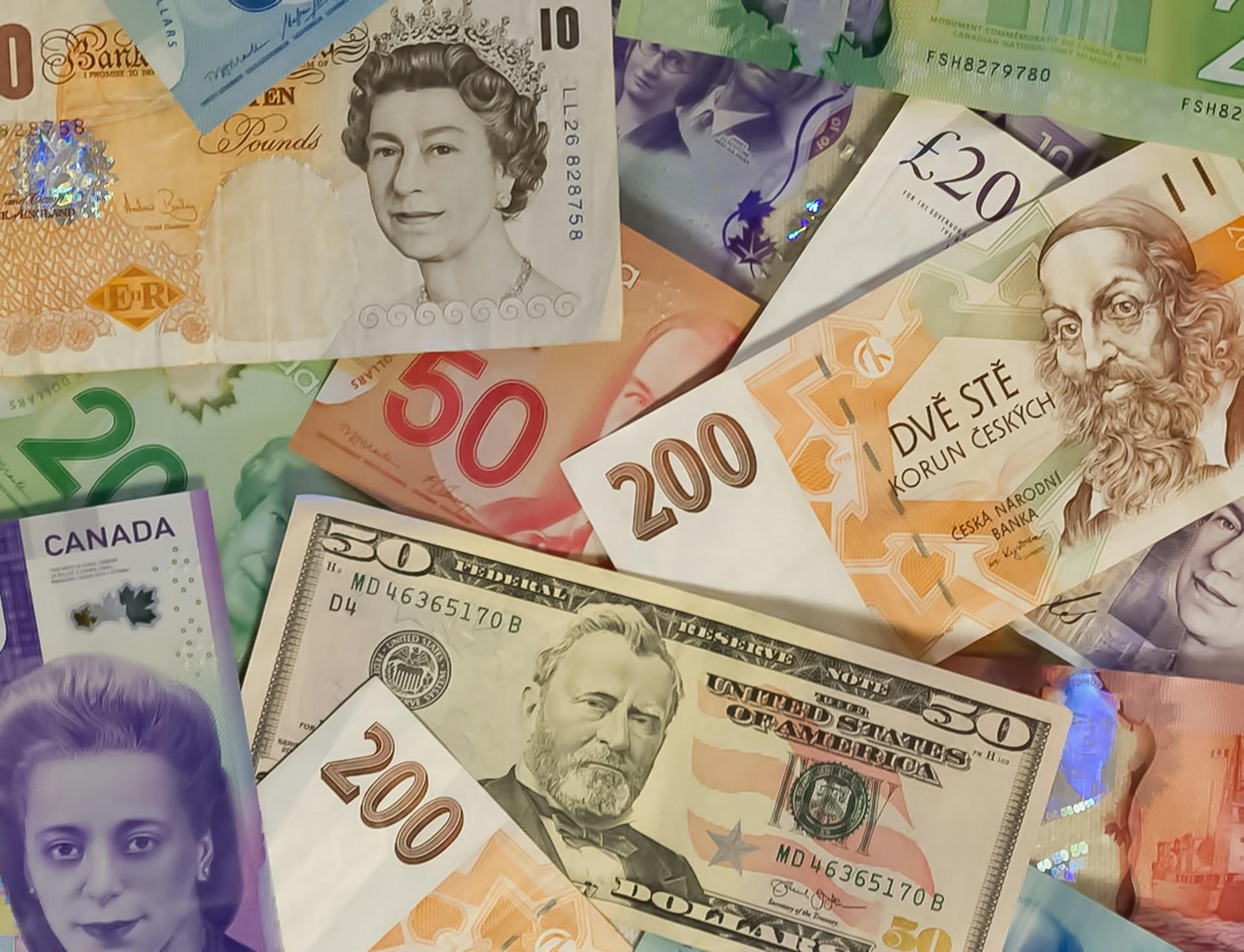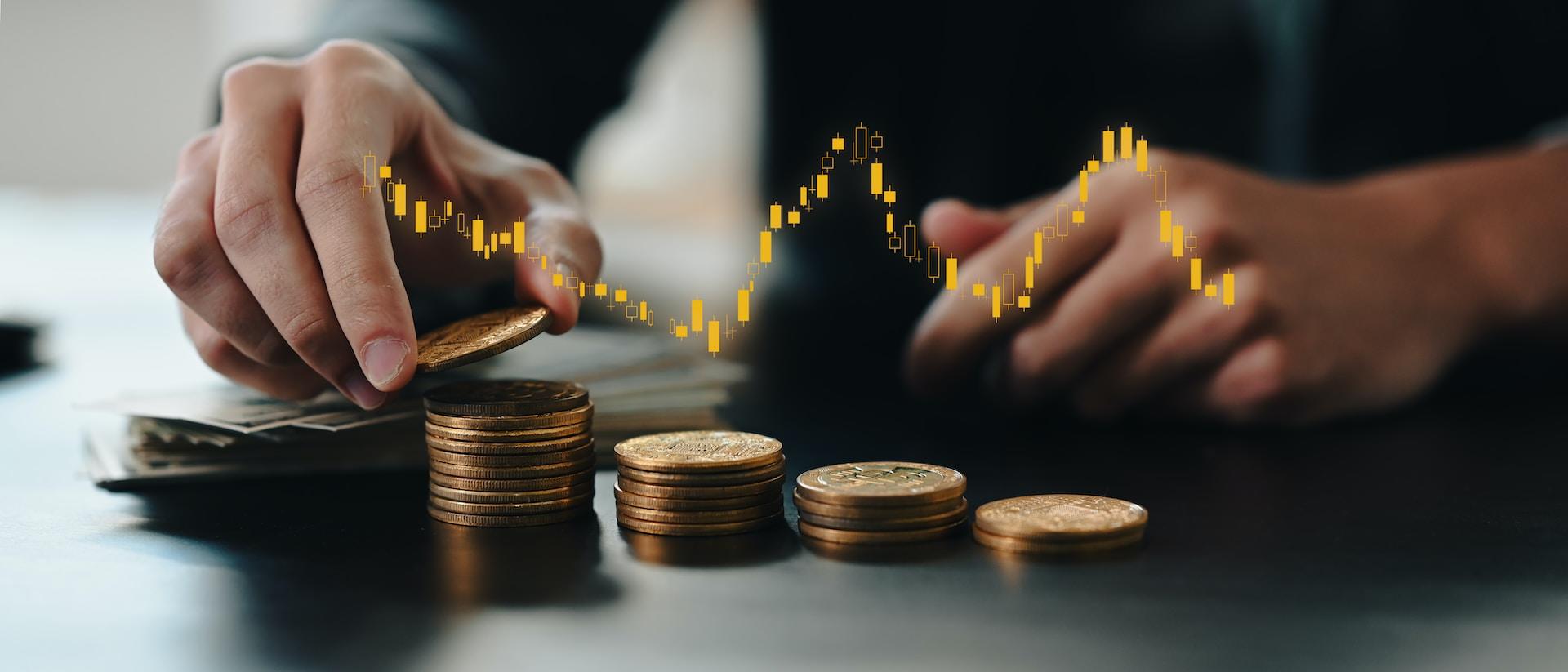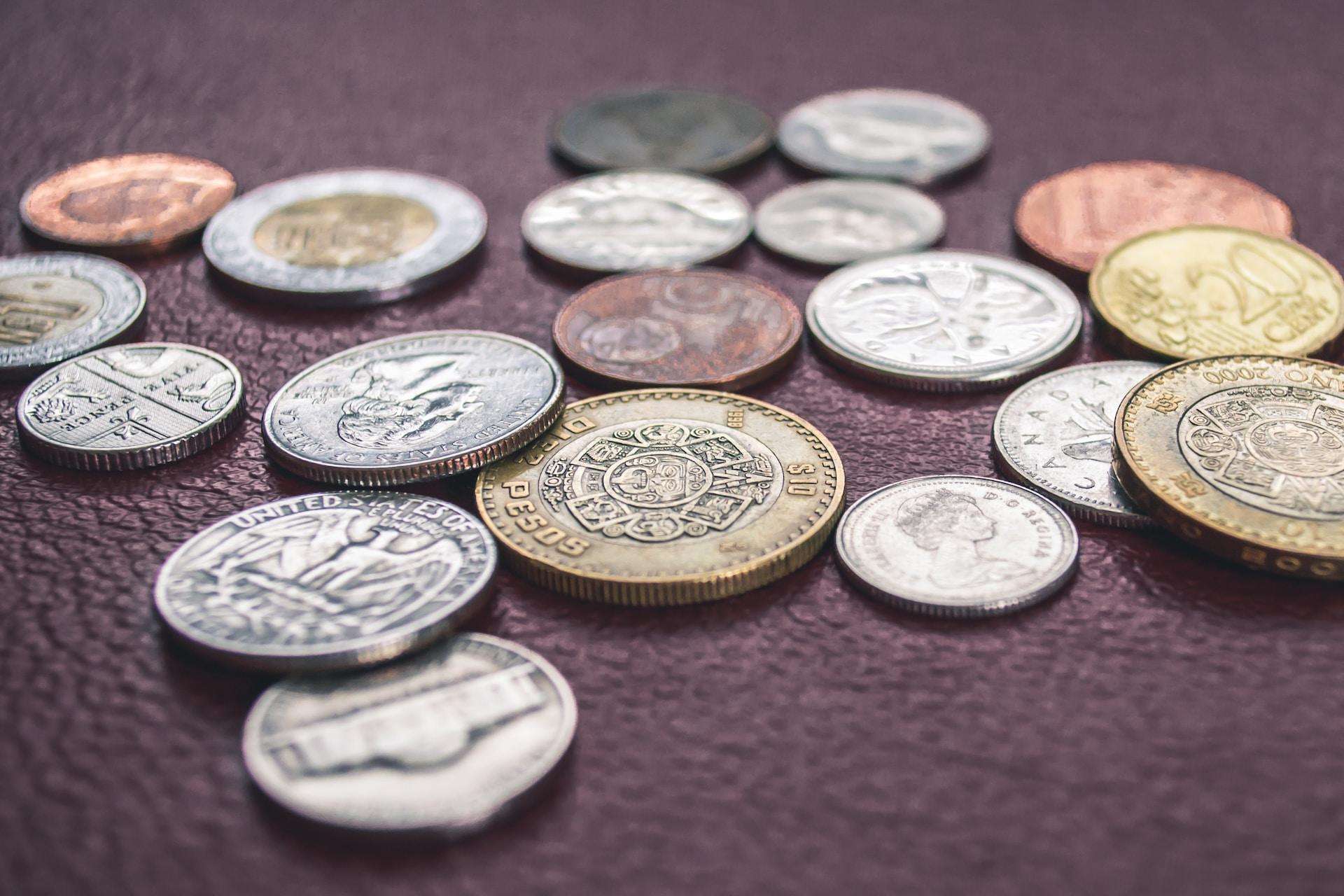For all but our most senior readers, our world has been forever as we know it. We've never known another economic system or a time when the US dollar and Americanisms weren't everywhere. But we're fast approaching a multipolar world, one with a more equitable balance of economic and political power.
This transition won't happen overnight, nor will it be easy. It involves challenging longstanding power structures and implementing new technologies. What does that mean for us who are far removed from centres of power? This article answers your questions about oil in the global economy:
- why is the US dollar so powerful?
- is there another currency countries could use to pay for oil?
- does it matter which currency a country uses to pay for oil?
- will renewables change global energy markets?

The Hegemonic Petrodollar System
Throughout history, nations fought each other for power, riches and supremacy, and they still do today. The United States (US) is the one outlier to that trend. The US became the global hegemon without firing a single shot. It happened in the mid-20th Century.
In 1944, most of the world was in turmoil. There were a few parts of the globe where there was no fighting, mainland USA among them. That's where delegates from 44 nations gathered to hammer out a new world order. One that would eliminate the economic conditions that had twice led to world wars.
This conference, held at Bretton Woods in the State of New Hampshire, built today's economic systems. Attendees established the World Bank and the International Monetary Fund (IMF), both headquartered in the US. The delegates all agreed to peg their countries' currencies to the US dollar because the US promised they could convert their dollars into gold. And they would keep US dollars (petrodollars) in their central banks to simplify international trade.
US dominance over the global economy has never been ideal. And it grows less favourable with every diplomatic, economic and financial misstep the US makes. Until recently, there's never been a single currency or an alliance of economic partners strong enough to offer an alternative to the status quo.
Over the past 30 years, China has built a powerhouse economy. Combining diplomatic power and economic might, the Chinese Belt and Road Initiative (BRI) completes one infrastructure project after the other. BRICS, an economic alliance China helped found, has surpassed the Group of Seven (G7) nations' global gross domestic product (GDP) contributions. We'll talk more about BRICS in the next section.
The Chinese yuan and the BRICS alliance are not the only challenges the dollar and petrodollar face. Technological advances promise novel ways to pay for oil and other commodities. And exporters around the world have started accepting other currencies for their exports. All of this and the US's own internal strife pose the greatest challenges to the dollar as the world's currency.
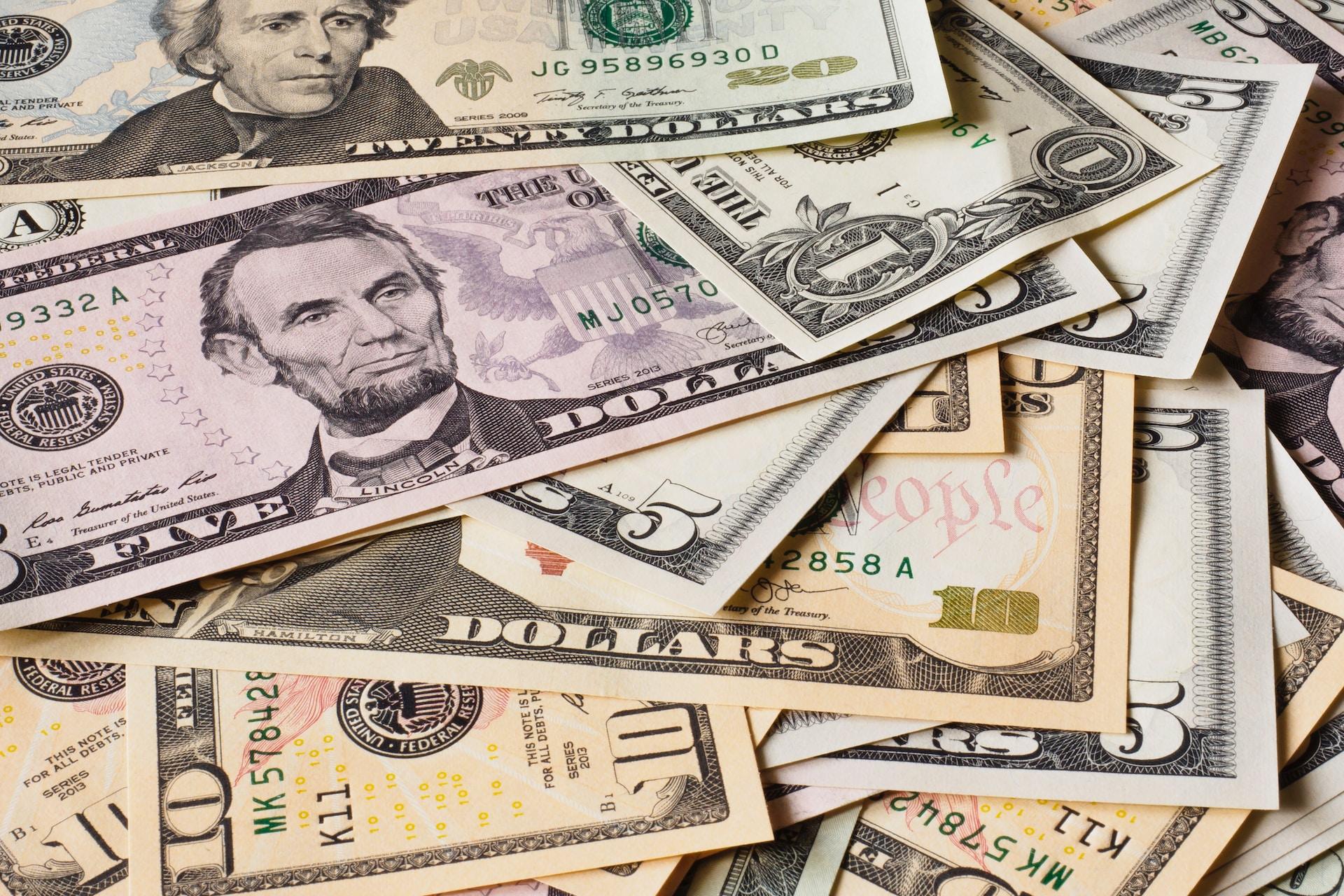
The Petroyuan Surge
China's strong economy and successful BRI don't imply any intention to destroy the global order. Neither do Chinese President Xi Jinping's diplomatic outreaches. As an example, he recently negotiated a peace treaty between two bitter rivals, Saudi Arabia and Iran. In doing so, he assured his country's energy security and the Chinese yuan's position in international trade.
President Xi does not take victory laps over any of his country's economic or infrastructure accomplishments. But he makes clear his aim of helping to bring about a fairer economic framework. We see this with China's Cross-Border Interbank Payment System (CIPS).
Today, levelling sanctions against non-compliant nations is common practice. For instance, when Russia annexed Crimea in 2014, the UK government wanted to block Russia's access to Swift, the international trade payment system. The US did so when Russia invaded Ukraine, to cut off Russia's access to the global economy. This sanction would have unduly harmed the Russian people, perhaps without changing the war's course.
Weaponising economic and financial systems causes geopolitical tensions. It doesn't help matters that only certain countries have the power to do so. Establishing more payment networks reduces the risk of one nation 'punishing' another for non-compliance.
Likewise, using only dollars to settle all trade deals creates stress points. For the past few months, the US has been raising their interest rates to try and curb inflation in their country. That makes it more expensive for other countries to hold dollars and besides, the dollar loses value because of its inflation. Finally, the dollar as a reserve currency boosts the US economy, even as it disadvantages other nations.
For these reasons and others, it makes sense to have more than one dominant currency. Or, better said, it would be best if there were no dominant currencies. As complex as international trade is, that's not likely to happen anytime soon. Or is it?
BRICS, which stands for Brazil, Russia, India, China and South Africa, has a presence on four continents. This alliance has already established a decentralised Development Bank with a branch in each country. Of all the countries considering or developing a digital currency, China's digital renminbi (e-RMB) has the economic clout to go international. China is also developing a blockchain-based financial system.
All of this shows that the petroyuan might not have much of a future. Technology could outpace global acceptance of the yuan as payment for oil and other commodities. Distrust against all things Chinese could also be a stumbling block. And the Chinese leadership is well aware that usurping the dollar, even incidentally, could have serious geopolitical consequences.
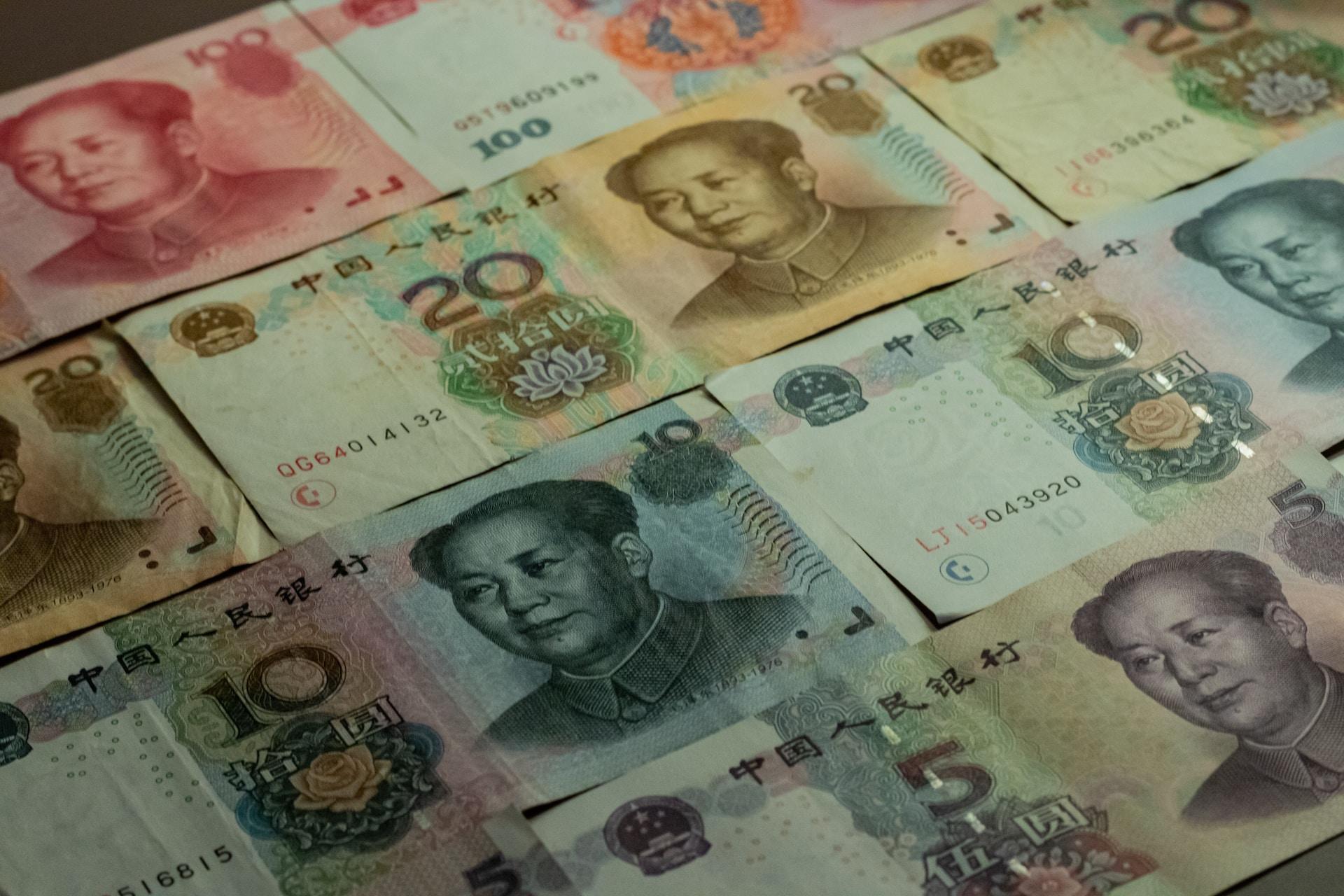
Petrocurrencies' Geopolitical and Economic Ramifications
We have to set the record straight. Even if every nation switched to renewable energy tomorrow, we would still need petrocurrencies. International trade demands a currency that exporters accept, no matter if they're exporting soybeans or oil. To make matters more precarious, these negotiations take place across geopolitical tensions. That's true even if the nations involved in trade have nothing to do with any of today's more contentious policies.
We might think of this situation as tiptoeing around a cantankerous relative to keep from ruining holiday celebrations. Or behaving in school so the teacher doesn't unleash their wrath on the whole class. North Korea, Russia, China and the US give us many examples of such. For instance, whenever anyone talks about Taiwan, the Chinese leadership warns about interfering in other nations' sovereign concerns.
Containment is a thorny strategy the US has long deployed. In the 1960s, Americans fought in Vietnam to contain communism. Cuba and North Korea have laboured under punishing economic sanctions for decades; another leg of the 'contain communism' strategy. Russia and China feel the sting of containment as diplomacy, too.
Economically and geopolitically, such actions have far-reaching consequences. Change is never easy to adapt to; the more monumental the change, the greater resistance to it. Oil-exporting countries now accepting petroyuan seem like they're all in with China, which threatens US supremacy. On a broader scale, most of the world has petrodollars in reserve so they might not welcome the petroyuan, even as an alternate currency.
But we have to wonder: should nations tiptoe around a cantankerous country simply to keep the peace? Or should such countries adapt to new economic and geopolitical realities? For the sake of progress, adapting to change is advisable. A multipolar world promises greater equality than the legacy system of fighting for power and resources.

Petrocurrencies and the Global Energies Markets
The realisation Bretton Woods delegates came to nearly 80 years ago is still valid today. There must be a unified system to operate the global economy and an agreed-upon means to settle transactions. At the same time, we must realise that we don't live in the same world those delegates did. Vying for supremacy, either economic or militaristic, is now a far more dangerous proposition.
So is hoarding oil and other natural resources. OPEC, the Organisation of Petroleum-Exporting Countries, adjusts oil prices to suit their political agendas. Starting in the 70s, the US engaged in military campaigns to secure their access to Middle Eastern oil. And just last year, Russia refused to sell needed oil unless buyers paid in rubles.
As mentioned in the last segment, we will need oil long after we make the jump to renewable energy. Petroleum products are so integral to modern life that it would take a century to find any alternatives. These products and, more specifically the currencies used to pay for them, drive a large share of the global economy.
Oil markets are here to stay and any level of dominance of fighting for resources works against the greater good. So we must find some give in the system. Petrocurrencies offer the greatest opportunity to de-escalate brewing tensions. But switching from petrodollars to petroyuan likely isn't the solution.
A region-neutral digital currency working on a blockchain would be ideal. Such a currency's value would reflect the global GDP which, in turn, individual nations could peg their currencies' values to. It would be a reversion to the long-abandoned Bretton Woods system but with decentralised control rather than a few nations holding all the power.
Summarise with AI:
















